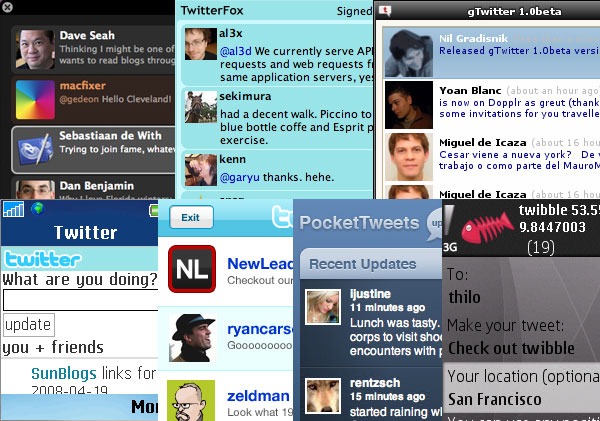 There is no question that the Internet has changed the way companies hire people. Currently 45 percent of employers use social networking sites and conduct online searches to screen applicants. If you are a job applicant, that means that your potential employer is reading you Twitter feed and analyzing your blog posts.
There is no question that the Internet has changed the way companies hire people. Currently 45 percent of employers use social networking sites and conduct online searches to screen applicants. If you are a job applicant, that means that your potential employer is reading you Twitter feed and analyzing your blog posts.
While it is not illegal for an employer to to search a candidate’s social networking profiles, there are risks. In an article written by Jeffrey S. Kein and Nicholas J. Pappas for the New York Law Journal, they highlight a number of legal issues arising out of employees’ use of social networks. They list Anti-Discrimination Laws, Legal Activities Laws, National Labor Relations Act, Terms of Service Violations, Privacy Implications and Business Considerations. I will briefly discuss the the legal implications of Anti-Discrimination Laws.
ANTI-DISCRIMINATION LAWS
By simply viewing a candidates social networking profile, certain information can be gleaned that can be a basis for a claim under discrimination laws. For example, if an employer views the LinkedIn profile of a candidate and the employer decides not to hire the candidate or take action within a short time because the candidate lists that she is handicapped, the employer could be held liable. The mere fact that the employer viewed her social networking site can be used as circumstantial evidence of discrimination.
Under New York Law, an employer must use the same standards when deciding who to fire. The authors cite an Simonetti v. Delta Airlines, where Delta decided to fire a female employee because she posted revealing photographs online. She argued that she was being discriminated against because other male flight attendants also posted similar content and were not fired.
![Reblog this post [with Zemanta]](http://img.zemanta.com/reblog_e.png?x-id=86d74548-a1fa-450a-9327-425f25176be7)
